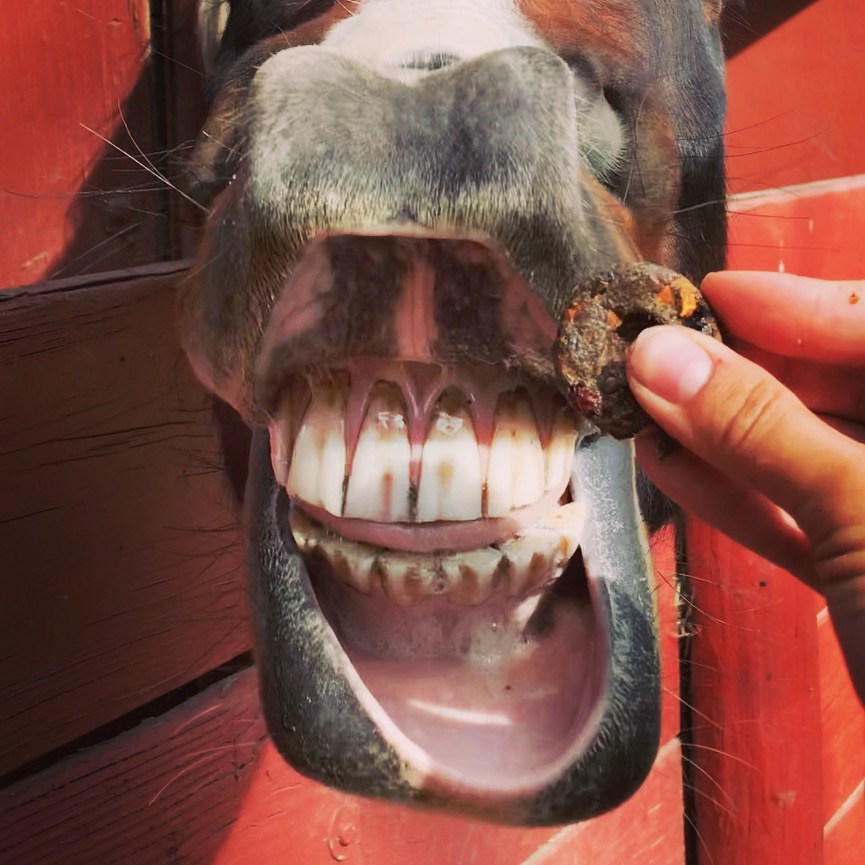4 Helpful Winter Horse Care Tips
- Twenty Four Carrots

- Dec 21, 2019
- 2 min read
Updated: Jul 9, 2023
Winter is just around the corner and with it comes a whole new set of responsibilities as a horse owner. Whether you live in an area that has mild or severe winters, here are 4 essential tips that will help you see it through to the end!

1. Add heaters to your water tanks/buckets. As a preventative measure, add tank heaters and heated buckets to your winter arsenal. They are inexpensive and will keep the water from freezing which will allow your horse 24/7 access to water as well as keep you from having to break ice every day. Keep an eye on the temperature and if you live in an area where it freezes, be sure to add a water heater to your water tanks or use heated buckets. If you live in an area that doesn’t freeze over but consistently hovers around near freezing temperatures then it may be beneficial to use a water heater/heated bucket in that situation, too. In the winter, horses will drink more water if the water they are drinking is warmer than the air. More water intake equals less risk of colic.
2. Feed small portions often or use slow forage feeder. The food a horse consumes is turned into energy that helps heat the body. During the winter a horse will need more forage as they spend extra energy to keep their bodies warm. The colder the weather, the more they need to eat. The act of chewing will keep the body warm as well, even if they aren’t consuming a large quantity of forage. Consider feeding small portions more often or using a slow forage feeder that will increase their “chew time” and keep them warmer for longer.
3. Make sure your shelter is winter-ready. During the winter your horse will need access to a shelter with at least 3 sides. Inspect your horse’s shelter before the cold weather hits to ensure that it provides sufficient coverage from the elements. Proper drainage is also essential and will ensure your horse isn’t standing in freezing mud. No matter where they are - in a stall or in a pasture they need suitable shelter. Ensure there is proper wind coverage by patching holes.
4. Blanket when necessary. Do some research to be sure your horse has a proper fitting blanket that will provide proper warmth for the expected winter temperatures. Too light of a blanket will leave your horse cold and he can no longer fluff his coat and too heavy of a blanket may cause your horse to sweat under the blanket. In the absence of wind and moisture, horses tolerate temperatures at or slightly below 0° F. If horses have access to a shelter, they can tolerate temperatures as low as -40° F. But horses are most comfortable at temperatures between 18° and 59° F, depending on their hair coat. So although it may feel cold to us, chances are your horse is comfortable providing he has a proper shelter.



Comments